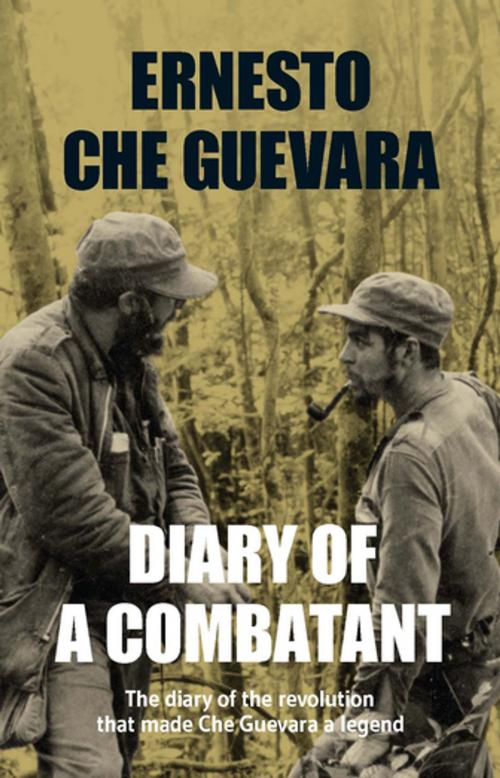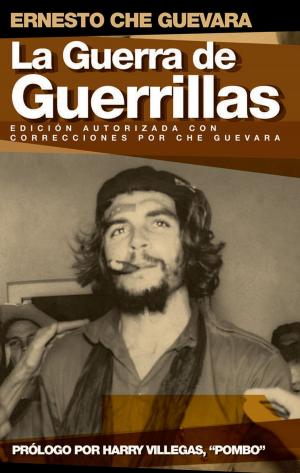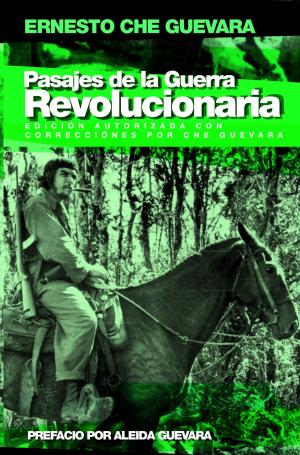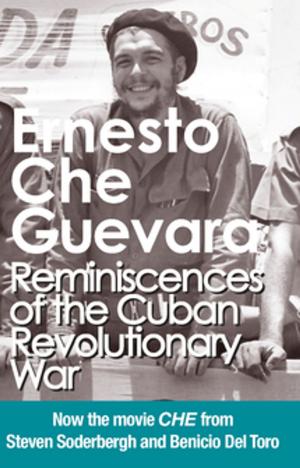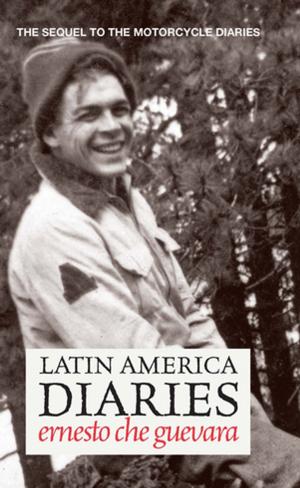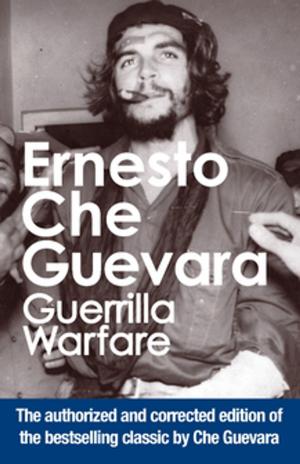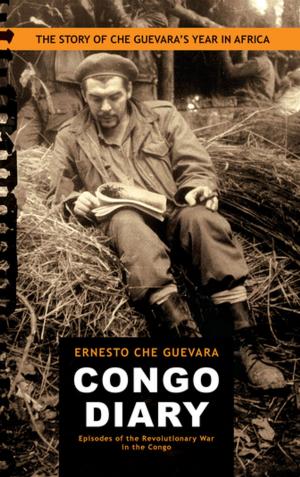Diary of a Combatant
The Diary of the Revolution that Made Che Guevara a Legend
Nonfiction, History, Americas, Latin America, Social & Cultural Studies, Political Science, Politics, History & Theory, Biography & Memoir| Author: | Ernesto Che Guevara | ISBN: | 9780987077981 |
| Publisher: | Ocean Press | Publication: | September 16, 2013 |
| Imprint: | Ocean Press | Language: | English |
| Author: | Ernesto Che Guevara |
| ISBN: | 9780987077981 |
| Publisher: | Ocean Press |
| Publication: | September 16, 2013 |
| Imprint: | Ocean Press |
| Language: | English |
The publication of this title by Ocean Sur in Spanish in July 2011 provoked considerable international attention (including CNN). This never-before-published diary (comprising a dozen small notebooks) Ernesto Che Guevara kept during the guerrilla war in Cuba when he joined the struggle to overthrow the Batista dictatorship that led to the 1959 revolution has now been meticulously transcribed by his widow, Aleida March.
Why did it take over fifty years for this diary to be published? Maybe because of some caustic comments Che makes in his usual brutally frank style. Maybe it was felt appropriate to wait until Fidel Castro had produced his own memoirs (now published by Ocean Press as The Strategic Victory).
In launching the book in Havana in July 2011, editor Maria del Carmen Ariet marked that it was "never clear whether or not Che wanted these diaries published" as he had reworked several pieces into his famous Reminiscences of the Cuban Revolutionary War, on which Steven Soderbergh based part one of his epic movie Che, starring Benicio Del Toro.
Nevertheless, all Che's diaries-from his early Motorcycle Diaries and its sequel, Latin America Diaries, through to his last diary from Bolivia-are extraordinary examples of his literary gift and his political incisiveness, in terms of his personal reflections, his criticisms and self-criticism, and his observations about others and events.
Other features of this new book are fifty-eight unpublished photos from Che's personal archive and unpublished letters (including correspondence between Che and Fidel), an index, and extensive glossary.
Why did it take over fifty years for this diary to be published? Maybe because of some caustic comments Che makes in his usual brutally frank style. Maybe it was felt appropriate to wait until Fidel Castro had produced his own memoirs (now published by Ocean Press as The Strategic Victory).
In launching the book in Havana in July 2011, editor Maria del Carmen Ariet marked that it was "never clear whether or not Che wanted these diaries published" as he had reworked several pieces into his famous Reminiscences of the Cuban Revolutionary War, on which Steven Soderbergh based part one of his epic movie Che, starring Benicio Del Toro.
Nevertheless, all Che's diaries-from his early Motorcycle Diaries and its sequel, Latin America Diaries, through to his last diary from Bolivia-are extraordinary examples of his literary gift and his political incisiveness, in terms of his personal reflections, his criticisms and self-criticism, and his observations about others and events.
Other features of this new book are fifty-eight unpublished photos from Che's personal archive and unpublished letters (including correspondence between Che and Fidel), an index, and extensive glossary.
The publication of this title by Ocean Sur in Spanish in July 2011 provoked considerable international attention (including CNN). This never-before-published diary (comprising a dozen small notebooks) Ernesto Che Guevara kept during the guerrilla war in Cuba when he joined the struggle to overthrow the Batista dictatorship that led to the 1959 revolution has now been meticulously transcribed by his widow, Aleida March.
Why did it take over fifty years for this diary to be published? Maybe because of some caustic comments Che makes in his usual brutally frank style. Maybe it was felt appropriate to wait until Fidel Castro had produced his own memoirs (now published by Ocean Press as The Strategic Victory).
In launching the book in Havana in July 2011, editor Maria del Carmen Ariet marked that it was "never clear whether or not Che wanted these diaries published" as he had reworked several pieces into his famous Reminiscences of the Cuban Revolutionary War, on which Steven Soderbergh based part one of his epic movie Che, starring Benicio Del Toro.
Nevertheless, all Che's diaries-from his early Motorcycle Diaries and its sequel, Latin America Diaries, through to his last diary from Bolivia-are extraordinary examples of his literary gift and his political incisiveness, in terms of his personal reflections, his criticisms and self-criticism, and his observations about others and events.
Other features of this new book are fifty-eight unpublished photos from Che's personal archive and unpublished letters (including correspondence between Che and Fidel), an index, and extensive glossary.
Why did it take over fifty years for this diary to be published? Maybe because of some caustic comments Che makes in his usual brutally frank style. Maybe it was felt appropriate to wait until Fidel Castro had produced his own memoirs (now published by Ocean Press as The Strategic Victory).
In launching the book in Havana in July 2011, editor Maria del Carmen Ariet marked that it was "never clear whether or not Che wanted these diaries published" as he had reworked several pieces into his famous Reminiscences of the Cuban Revolutionary War, on which Steven Soderbergh based part one of his epic movie Che, starring Benicio Del Toro.
Nevertheless, all Che's diaries-from his early Motorcycle Diaries and its sequel, Latin America Diaries, through to his last diary from Bolivia-are extraordinary examples of his literary gift and his political incisiveness, in terms of his personal reflections, his criticisms and self-criticism, and his observations about others and events.
Other features of this new book are fifty-eight unpublished photos from Che's personal archive and unpublished letters (including correspondence between Che and Fidel), an index, and extensive glossary.
